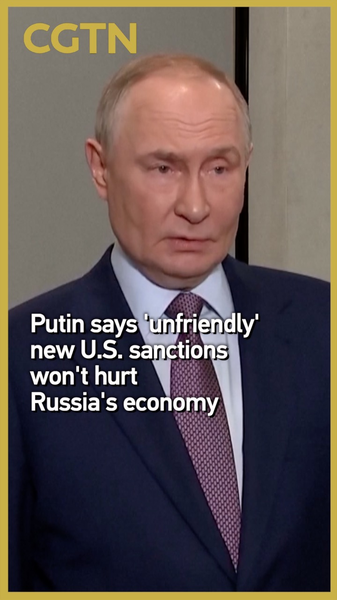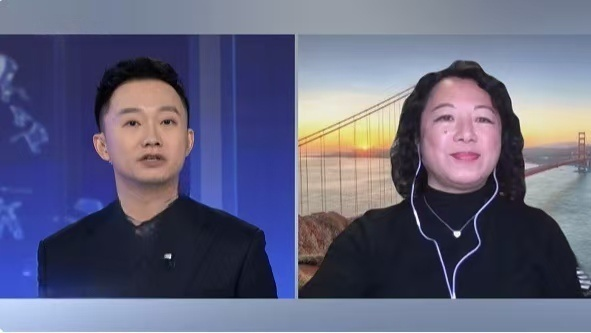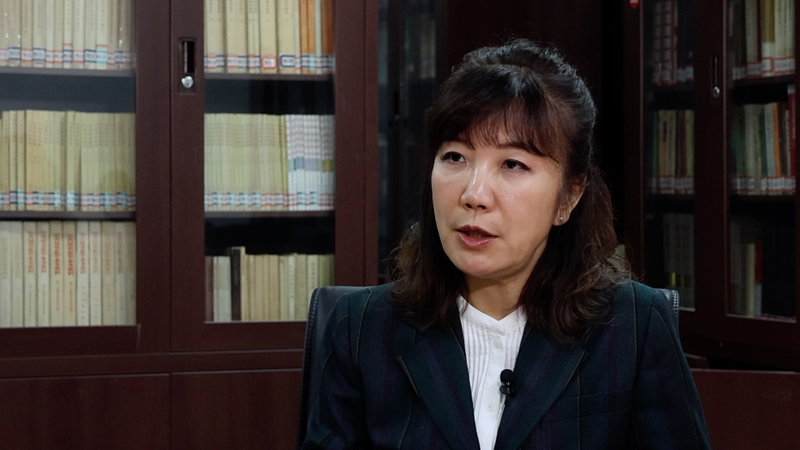In a show of defiance on October 23, Russian President Vladimir Putin labeled the United States' latest sanctions on oil giants Rosneft and Lukoil an “unfriendly act,” while insisting they won’t hamper Russia’s economic engine. Speaking from his podium in Moscow, he painted the move as political posturing rather than a genuine threat to Russia’s fiscal stability.
Putin accused Washington of leveraging energy as a geopolitical tool, warning that any contraction in Russian oil output could reverberate through global markets. “A drop in global oil supply will drive prices higher,” he said, highlighting the delicate balance between energy producers and consumers worldwide.
The sanctions come as U.S. President Donald Trump unexpectedly canceled a planned meeting with Putin in Budapest on the sidelines of broader talks about the conflict in Ukraine. The decision underscores growing tensions at a time when oil prices and global security are tightly interwoven.
For business and tech enthusiasts tracking market shifts, the move raises questions about supply chains and investment strategies in the energy sector. Travelers and digital nomads, meanwhile, might brace for potential upticks in fuel costs—from city commutes to international flights.
As the world watches this high-stakes chess game, young global citizens and changemakers will be keen to see if energy sanctions become a staple of 21st-century diplomacy—or if back-channel negotiations will restore equilibrium in a market still finding its feet after recent volatility.
Reference(s):
Putin: 'Unfriendly' new U.S. sanctions won't hurt Russia's economy
cgtn.com




